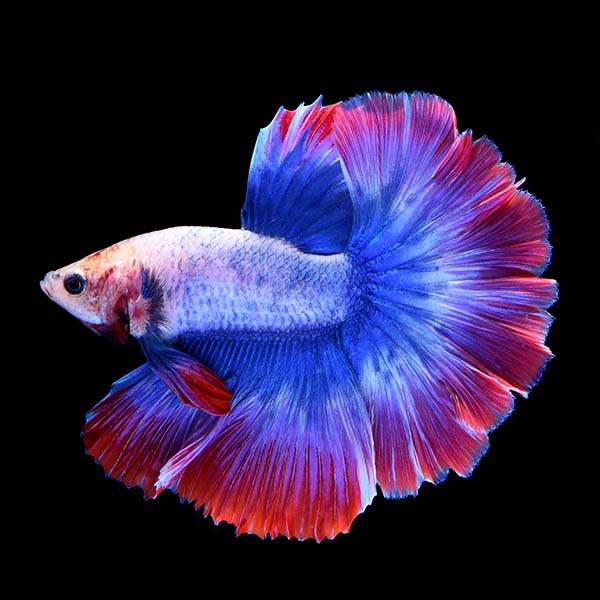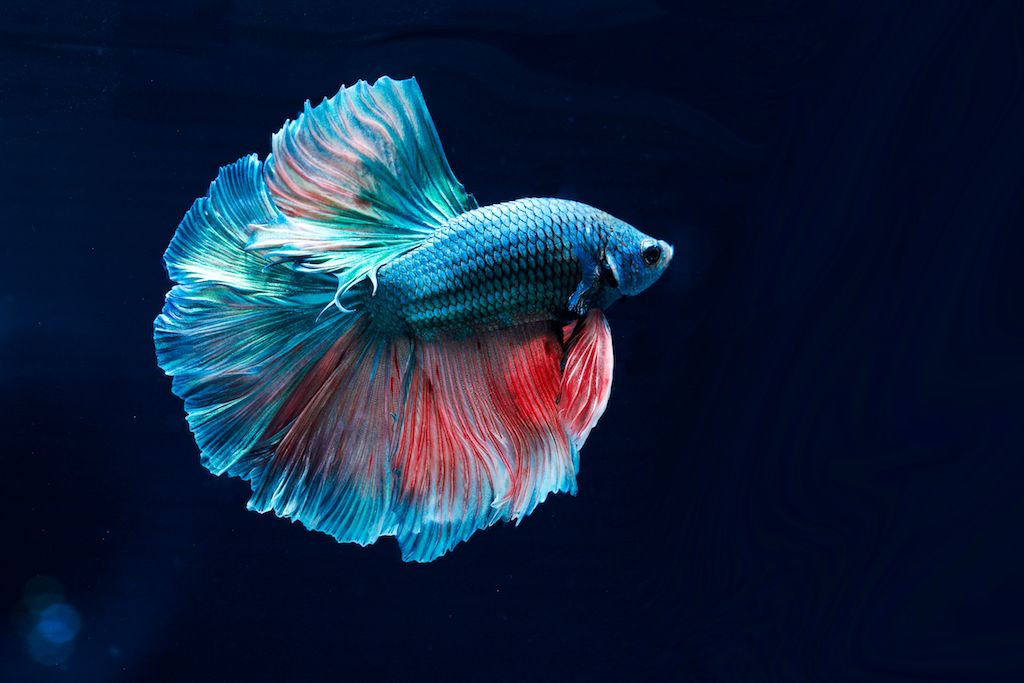How to Create the Perfect Betta Fish Habitat at Home
How to Create the Perfect Betta Fish Habitat at Home
Blog Article
The Ultimate Guide to Betta Fish Treatment: Necessary Tips for Keeping a Healthy And Balanced and Successful Aquarium Atmosphere
Efficient Betta fish treatment demands a thorough understanding of their special ecological and physiological needs. Developing an ideal fish tank starts with selecting the right storage tank dimension and making sure optimal water problems, which are essential for the wellness and well-being of your Betta. Furthermore, recognizing appropriate feeding methods and producing a conducive habitat can significantly impact your fish's vigor and actions. As you consider these foundational elements, it becomes clear that preserving a growing fish tank environment requires interest to detail and continuous commitment. What certain strategies will you implement to improve your Betta's lifestyle?
Picking the Right Tank
Selecting the proper storage tank for your Betta fish is critical to guaranteeing its wellness and wellness. Bettas flourish in settings that resemble their natural environments, which typically include calmness, warm waters. A storage tank size of at the very least 5 gallons is recommended to supply sufficient swimming space, as smaller storage tanks can cause stress and anxiety and wellness concerns for these vivid fish.
When selecting a storage tank, think about the container's form and purification system. Furthermore, a trustworthy filtration system is crucial to preserve water quality and minimize the regularity of water changes.
Temperature level law is one more crucial factor; Bettas like water temperatures in between 76 ° F and 82 ° F. Buying a great heating system will ensure that the water continues to be within this range, advertising a healthy and active way of life for your Betta. Finally, offering suitable tank decors and concealing areas will aid lower tension and motivate all-natural behaviors, further improving your Betta's well-being.
Maintaining Water Top Quality
Keeping ideal water top quality is essential for the wellness and durability of Betta fish. This needs regular surveillance of numerous criteria, consisting of temperature, pH, ammonia, nitrite, and nitrate levels.
The pH level should preferably drop between 6.5 and 7.5. Regular screening making use of a reputable water screening set can aid make sure these criteria remain within the suitable ranges. Ammonia and nitrite levels ought to always go to 0 ppm, as even reduced concentrations can be harmful to Betta fish. Nitrate levels need to be maintained under 20 ppm to stop lasting health and wellness problems.
Regular water changes are vital to preserving water quality. It is advised to transform 25-50% of the storage tank water weekly, depending on the tank size and stocking levels. Using a high-grade water conditioner can help eliminate unsafe chemicals from faucet water, making sure a secure setting. Furthermore, incorporating a durable filtration system can aid in maintaining water quality and high quality, giving a much healthier environment for your Betta fish.
Suitable Feeding Practices
Supplying a balanced diet regimen is essential for the health and dynamic pigmentation of Betta fish, as their dietary requirements play a substantial role in their total well-being. Betta fish are carnivorous by nature, calling for a diet regimen high in healthy protein. A mix of a fantastic read premium pellets, icy or real-time foods such as bloodworms, salt water shrimp, and daphnia can offer the vital nutrients they need.
Feed your Betta fish a couple of times a day, supplying just what they can consume within a couple of minutes to avoid overfeeding and maintain water top quality. Overfeeding can bring about obesity and wellness concerns, including swim bladder disease. It is vital to check their nutritional intake and adjust part sizes as necessary.
Along with healthy protein, a balanced diet plan must include nutrients to promote optimum wellness. Consider supplementing their diet with high-quality flakes or pellets specifically developed for Betta fish, as these frequently contain needed ingredients.

Producing an Appropriate Environment

Water top quality is extremely important; maintain a temperature level in between 76 ° F and 82 ° F, and make certain the pH degree ranges from 6 - betta fish.5 to 7.5. Routine water changes of 25-50% weekly will assist maintain contaminants away and make certain a steady environment
Integrating plants and hiding spots is important, as Betta fish are naturally territorial and enjoy having areas to check out and pull back. Live or silk plants, along with caves and accessories, can develop a revitalizing environment.

Routine Wellness Checkups
Carrying out normal health and wellness appointments is essential for guaranteeing the wellness of Betta fish, visit the website as early detection of potential issues can stop severe illness. These checkups ought to about his encompass a complete exam of the fish's physical problem, habits, and ecological aspects.
Begin by observing the Betta fish for any type of signs of distress, such as lethargy, anorexia nervosa, or unusual swimming patterns. Additionally, evaluate the fins and body for signs of discoloration, sores, or fin rot, which can indicate infections or bloodsuckers. Consistently keeping track of the water top quality in the aquarium is equally crucial; parameters such as pH, ammonia, nitrite, and nitrate degrees ought to be kept within ideal ranges to protect against stress and illness.
In addition, consider keeping a log of health observations and water quality tests. This record can assist in the recognition of fads or reoccuring issues. If any abnormalities are spotted during the checkup, it is necessary to consult a veterinarian experienced in marine animals. Prompt intervention can make a significant distinction in the recovery of your Betta fish, guaranteeing a lengthy and healthy life in a properly maintained fish tank environment.
Conclusion
In conclusion, successful Betta fish treatment pivots on developing and maintaining an optimal aquarium environment. By complying with these standards, aquarists can promote the wellness and vibrancy of Betta fish, inevitably resulting in a growing aquatic community.
Report this page